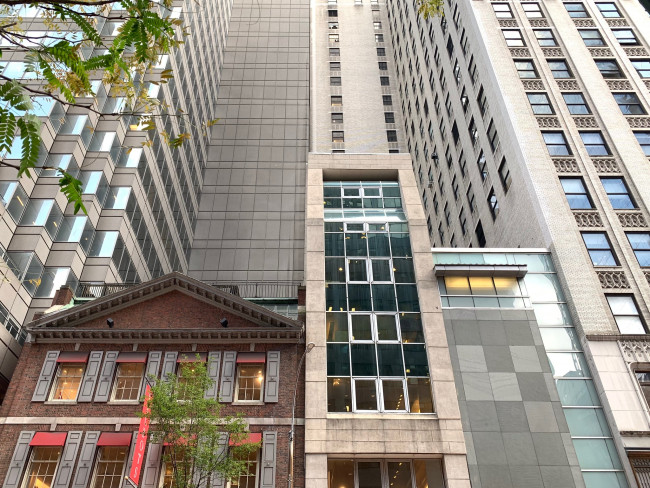How can I make a co-op board disclose the building's financial information?
- Start by informing your board of your right to inspect the building's financial statements
- You can gather support from fellow shareholders or hired an experienced attorney

It’s hard to determine what is contributing to your high maintenance if you don’t have the full financial picture.
iStock
Maintenance at my NYC co-op building is way out of whack—much higher than other co-ops with a similar size and location. For several years now, the board has not provided shareholders with financial information. How do I force a co-op board to disclose its financials?
Maintenance can vary widely among New York City co-op buildings, and the costs of running a building rose steeply this year, but buildings have a duty to provide financial information to shareholders, according to our experts.
It’s hard to determine what is contributing to your high maintenance if you don’t have the full picture, which is why you (or your attorney) will want to evaluate the co-op’s financial statement to find out how the money is being spent—for example on a new roof or upgrades to meet energy efficiency mandates and phase out heating systems that use fossil fuels.
“If your NYC co-op board isn't providing financial information, there are legal steps you can take to enforce disclosure,” said Corey Cohen, founder of Real Estate Library, which provides access to building documents including financial statements.
How to put pressure on a co-op board
The Business Corporation Law governs NYC co-ops and requires the board to keep certain records, including financial statements, which shareholders have the right to inspect, Cohen said.
“If the board fails to comply, start by pointing out the issue tactfully in writing. If that doesn't work, gather support from other shareholders to increase pressure on the board. Board members can be replaced through an annual election each year so this incentivizes compliance. As a last resort, consider hiring an attorney experienced in co-op law to help resolve the issue through negotiation or litigation,” he said.
Cohen shared additional strategies, like reaching out to brand new neighbors: “We've also seen shareholders successfully request financials from recent buyers’ [due diligence],” he said. And you may also be able to find your building’s financial information in the Real Estate Library submitted by a verified deal participant.
Checking the minutes
Your proprietary lease or bylaws may spell out if the board is obligated to provide audited financial statements on an annual basis, which would give you the best insight into how the building is being run.
Additional financial intel can be gleaned from board minutes.
Deanna Kory, a broker at Corcoran, pointed out that shareholders are legally permitted to access board minutes, and this is where you may uncover information about a costly lawsuit, looming assessment, or maintenance fee increase.
Business Corporation Law requires boards to keep minutes of meetings, although boards can impose some restrictions on what shareholders do with the information or how they view it, such as a nondisclosure agreement.
“Once you receive the financials, I recommend reviewing them with a good co-op real estate attorney who can explain what is going on,” Kory said. “I have been trying to help one building where the maintenance is high because their real estate taxes are high and try as they might, the board cannot get them lowered. It has been a conundrum for this building for years and has hurt their property values.”
Higher interest rates are also hurting buildings that needed to refinance their underlying mortgages, she added.
You Might Also Like




























